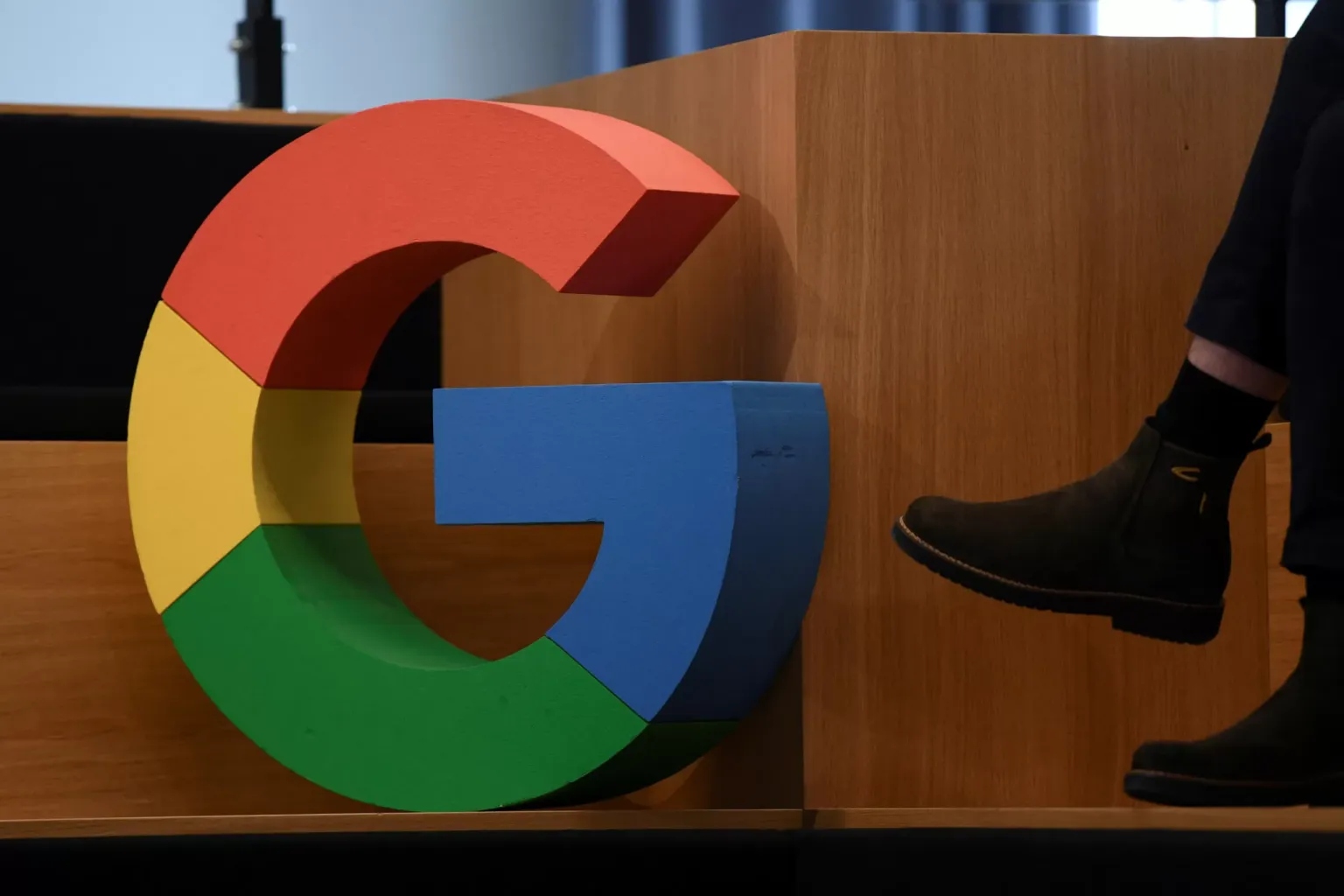A U.S. judge has ruled that Google holds an illegal monopoly in the online advertising technology market, dealing another major blow to the tech giant in a series of antitrust challenges.
The Department of Justice, along with 17 states, sued Google, accusing it of using anticompetitive tactics to dominate the ad tech ecosystem, specifically, the tools that decide where online ads appear.
This marks Google’s second major antitrust loss in a year, following a separate ruling that found it monopolized online search. Google has stated it will appeal the latest decision.
“Publishers choose us because our tools are simple, affordable, and effective,” said Lee-Ann Mulholland, Google’s head of regulatory affairs. “We won half of this case and will appeal the other half.”
U.S. District Judge Leonie Brinkema found that Google had “willfully engaged in a series of anticompetitive acts” that harmed publishers, distorted the market, and ultimately hurt consumers.
The court ruled against Google on two counts, while dismissing a third. It did not find that acquisitions like DoubleClick harmed competition.
Legal experts say the ruling is a major win for U.S. antitrust enforcement. “It shows both agencies and judges are ready to take on Big Tech,” said Laura Phillips-Sawyer, a law professor at the University of Georgia. She added that the decision sets a legal precedent likely to influence corporate strategy across the industry.
Google’s defense argued the case overlooked competitors like Amazon and focused too heavily on past actions. But critics say Google’s dominance has stifled innovation and harmed publishers.
“Google has consistently used its market power to favor its own products, depriving publishers of vital ad revenue,” said Jason Kint, CEO of Digital Content Next.
The ruling may lead to structural changes in Google’s ad exchange operations. While users may not notice immediate changes, it could shift how advertising revenue is distributed among advertisers, publishers, and intermediaries, said Georgetown law professor Anupam Chander.
The case now moves into a “remedies” phase, which could result in breaking up parts of Google’s ad tech business—or even its parent company, Alphabet. A similar investigation by the UK’s competition authority recently reached the same preliminary conclusion: that Google has been using anti-competitive practices to dominate online ad tech.










.jpg)